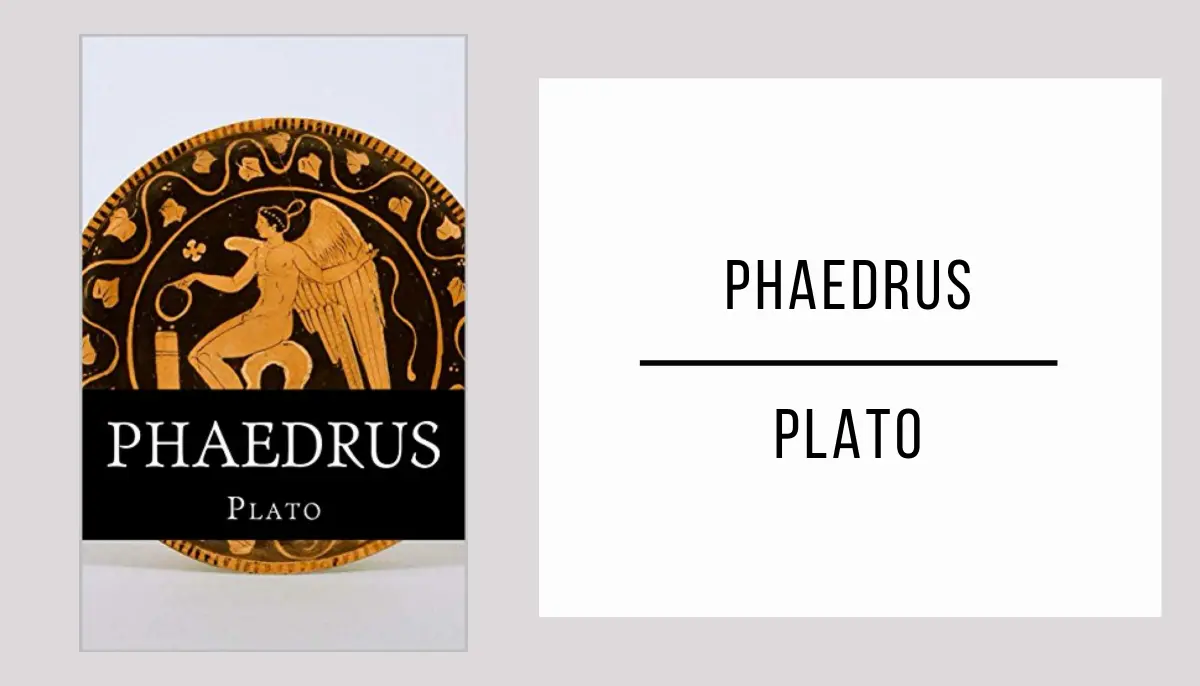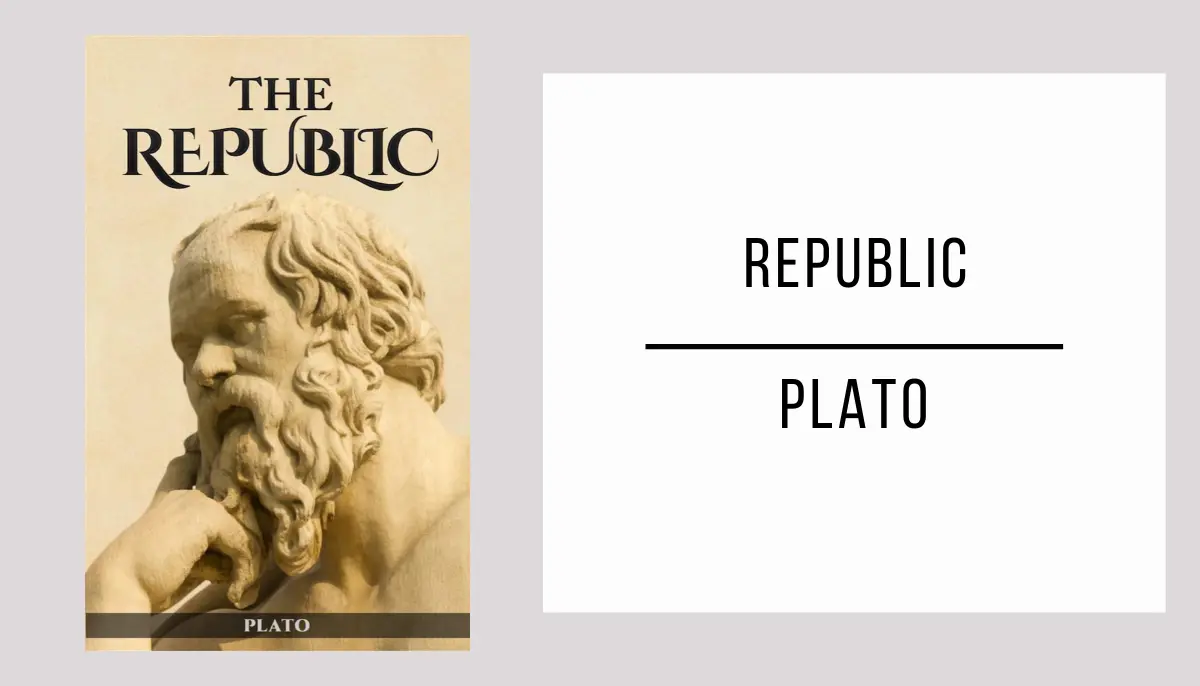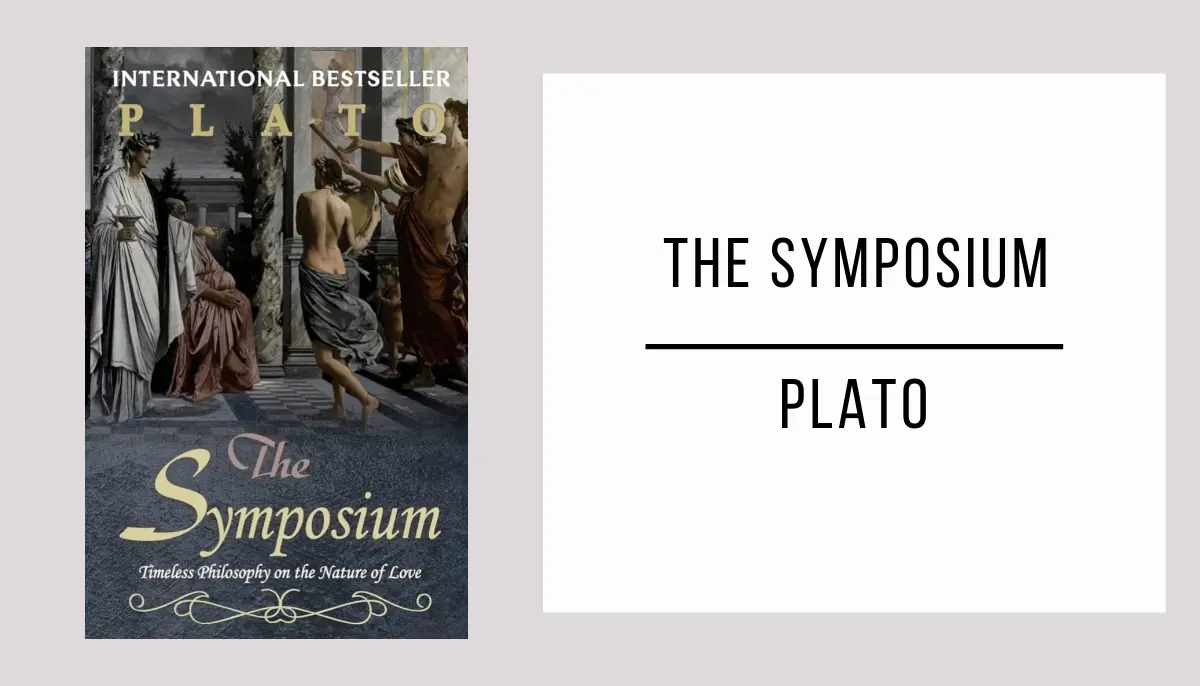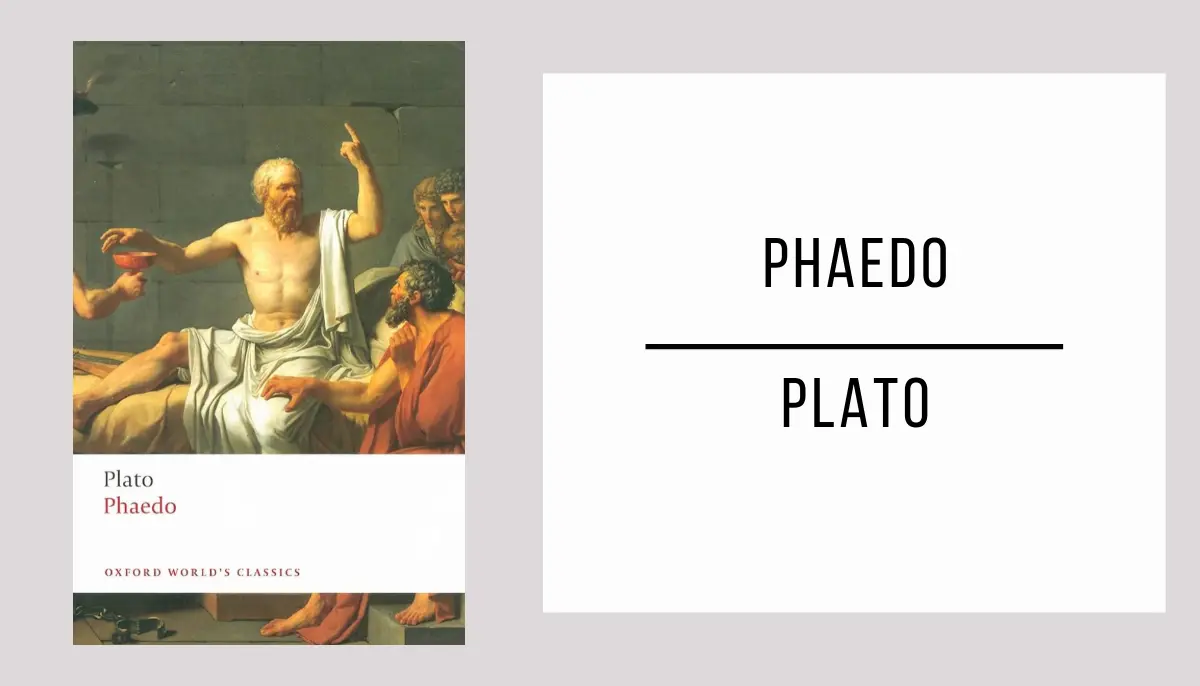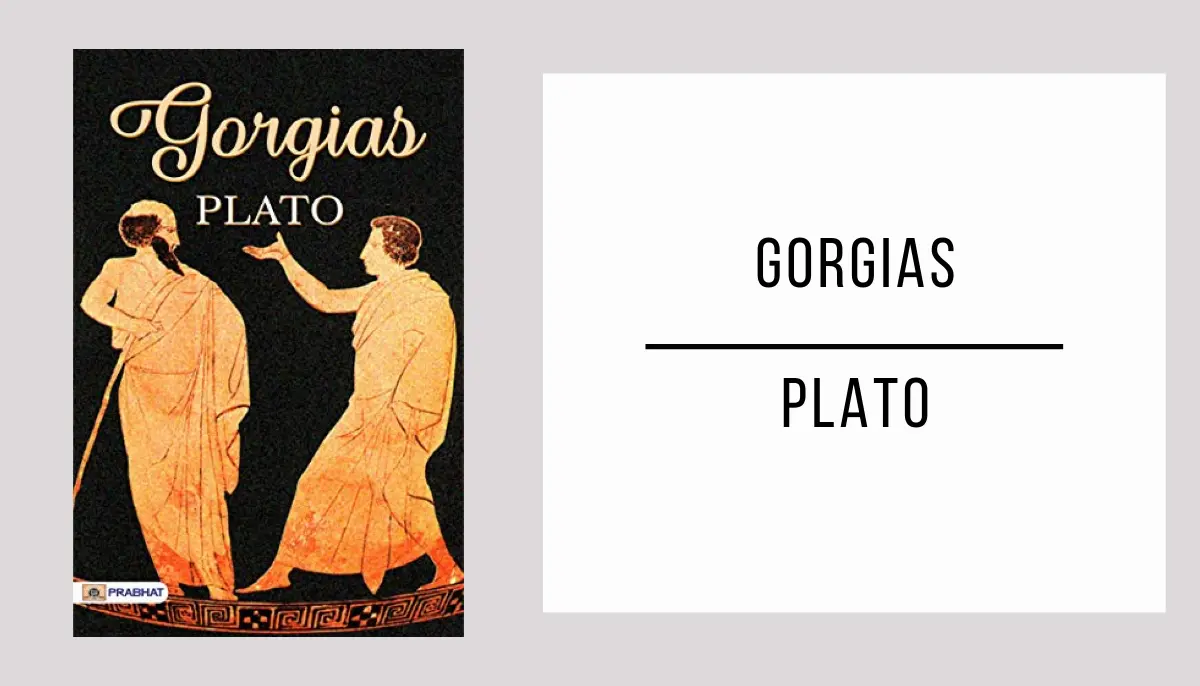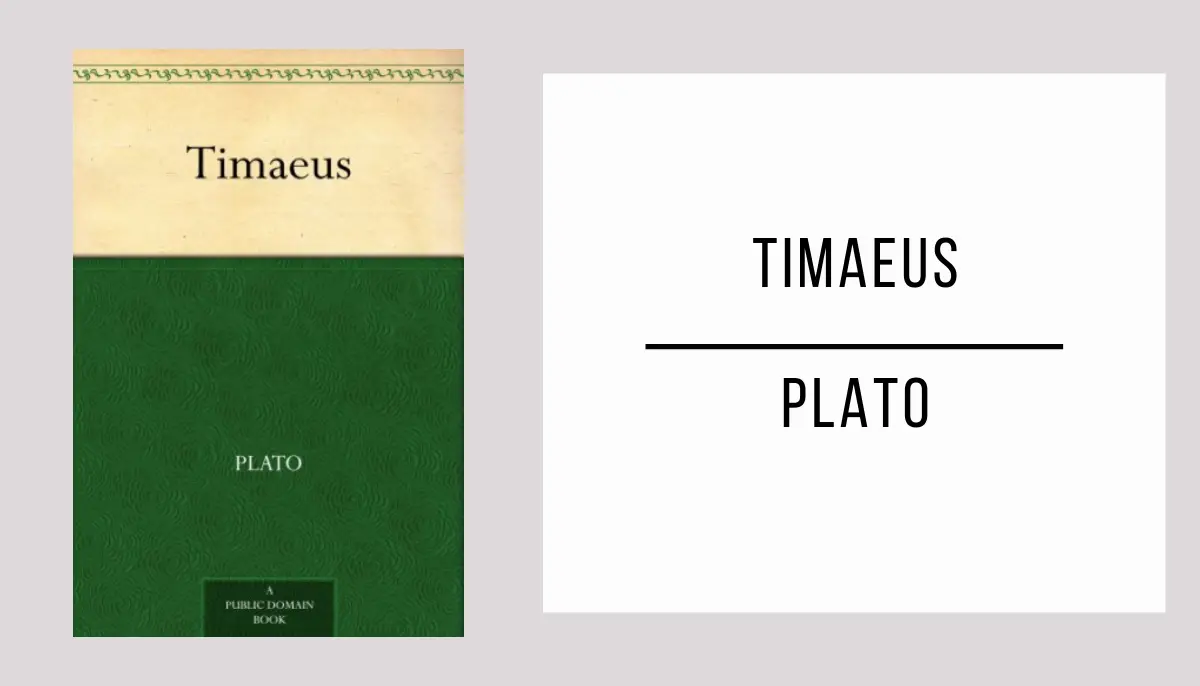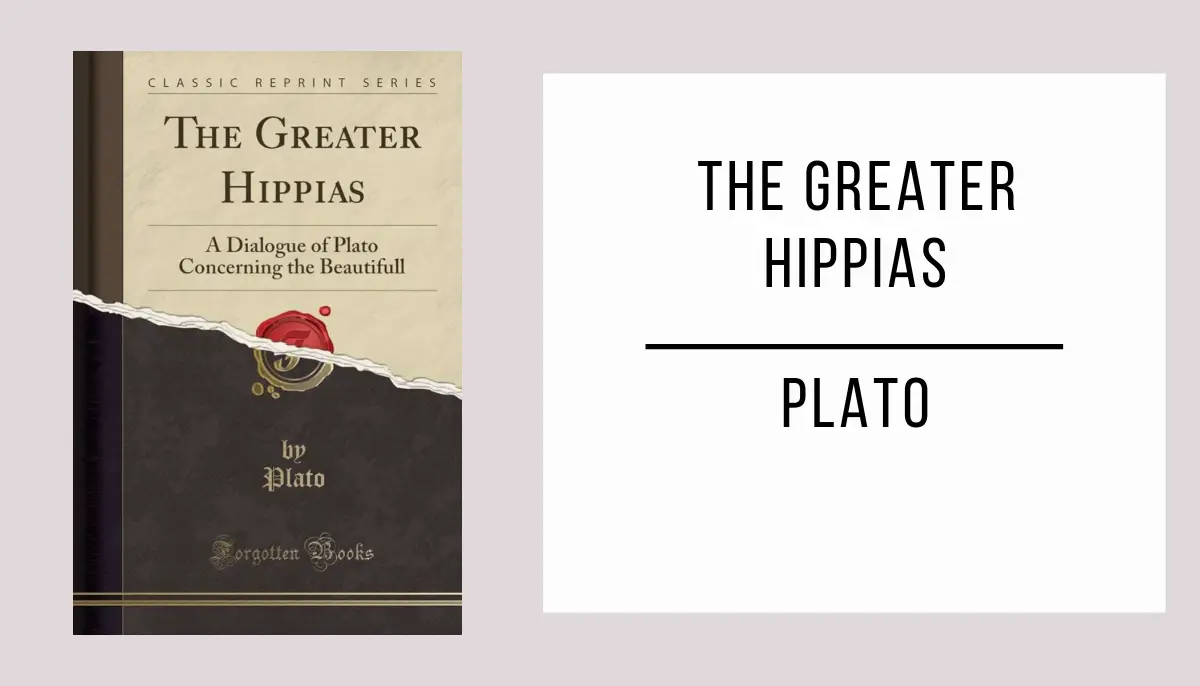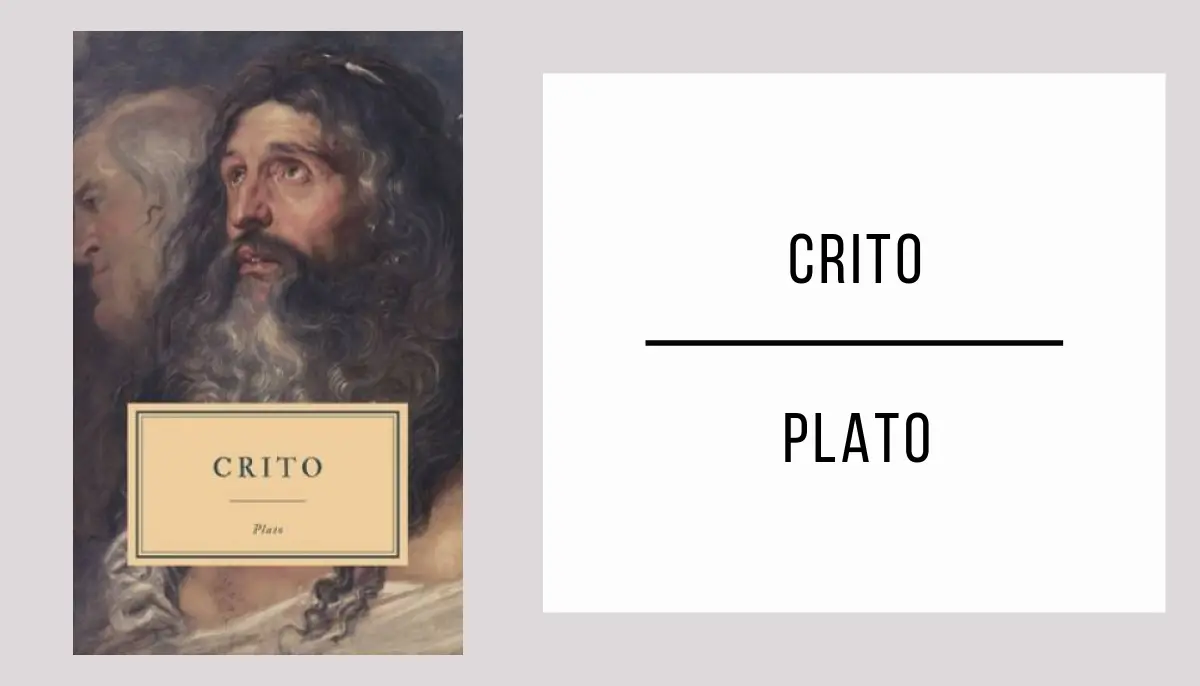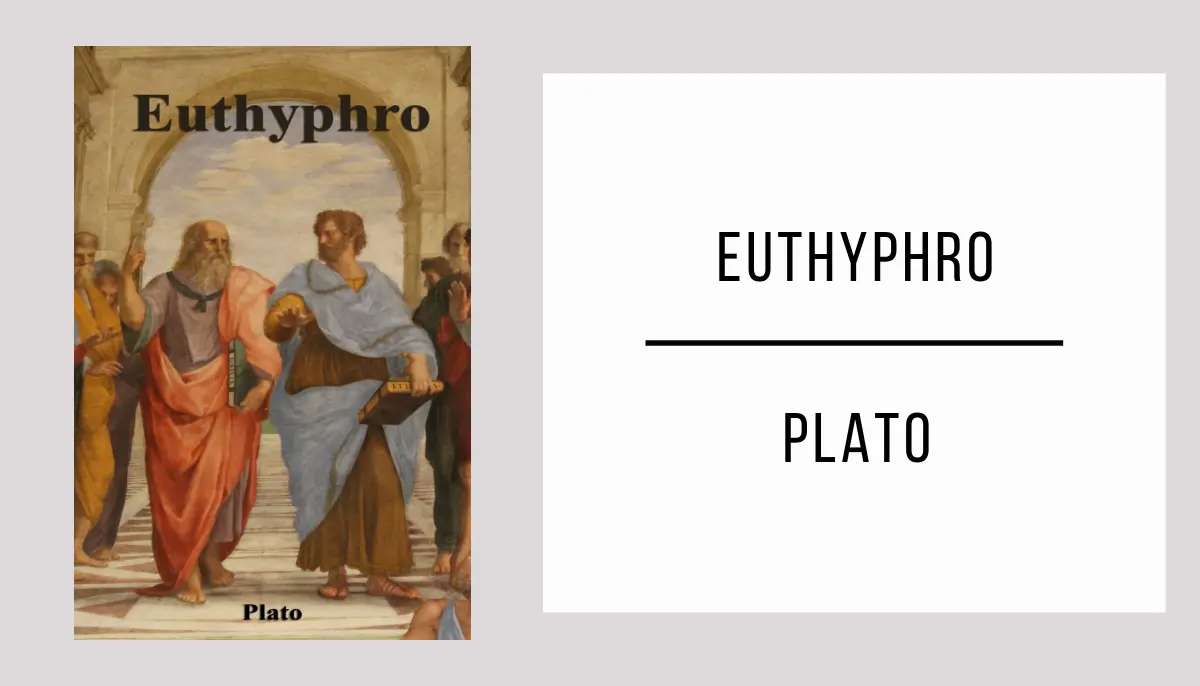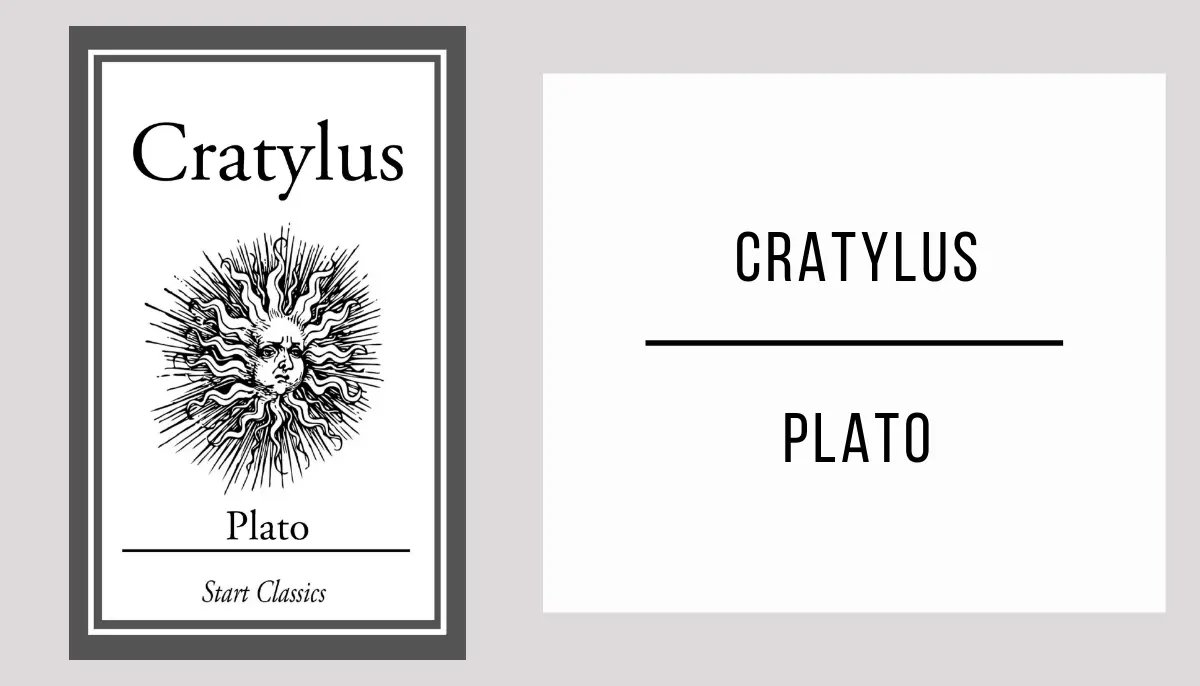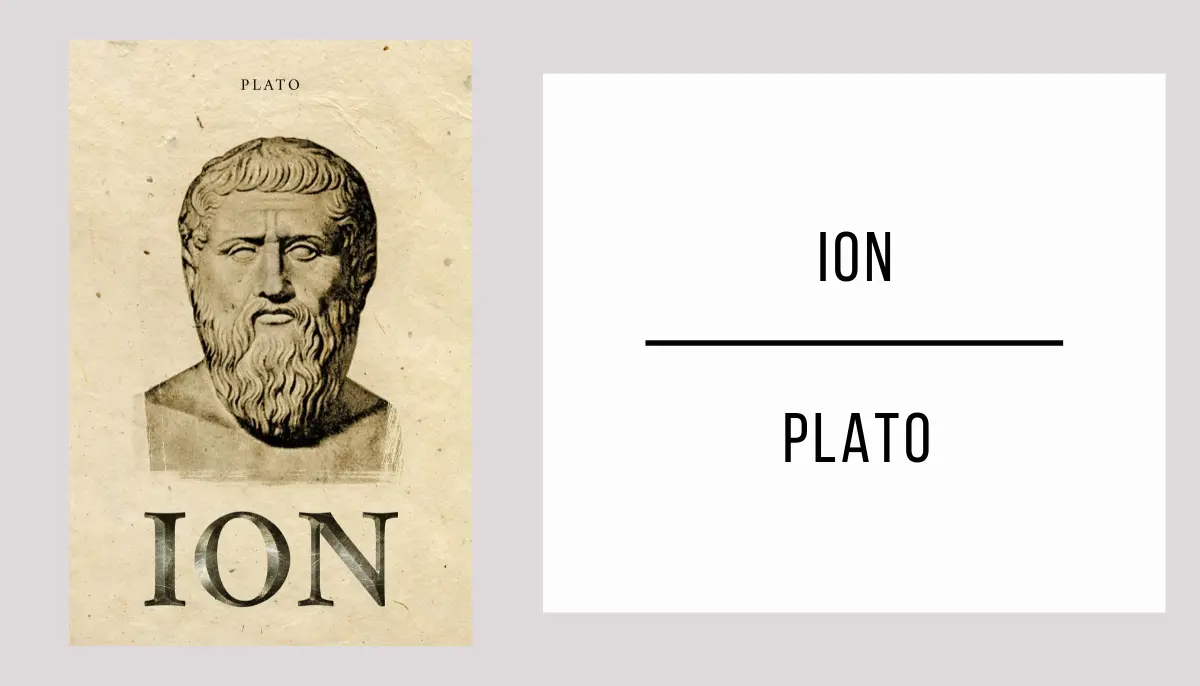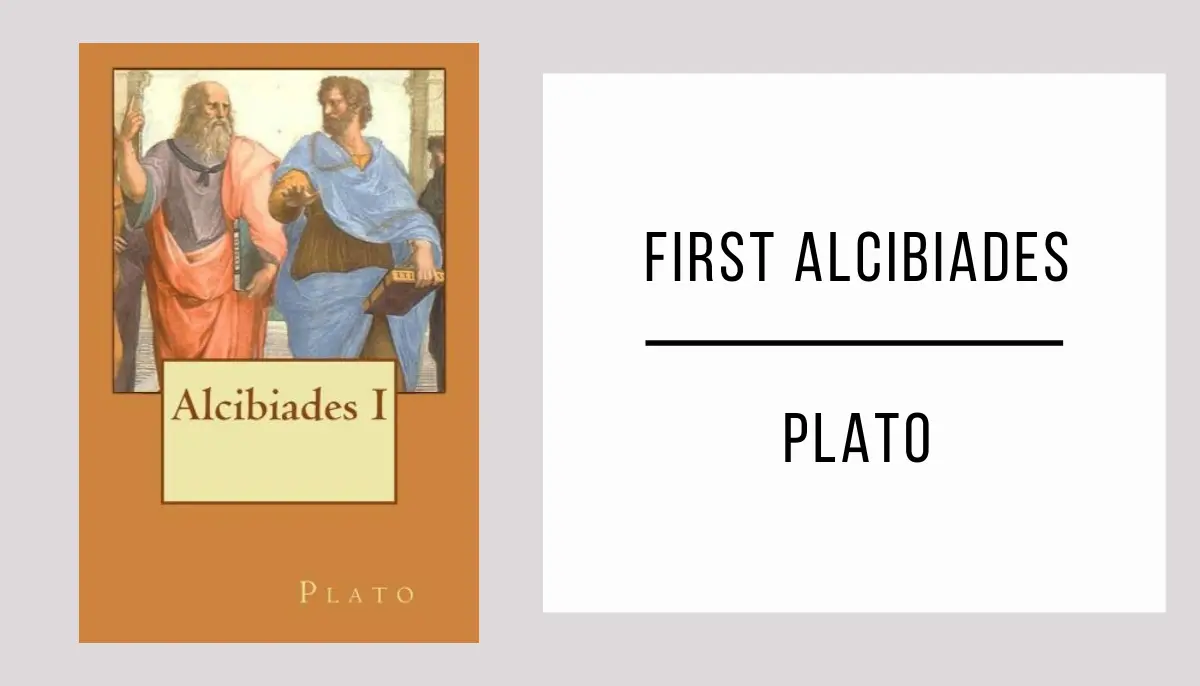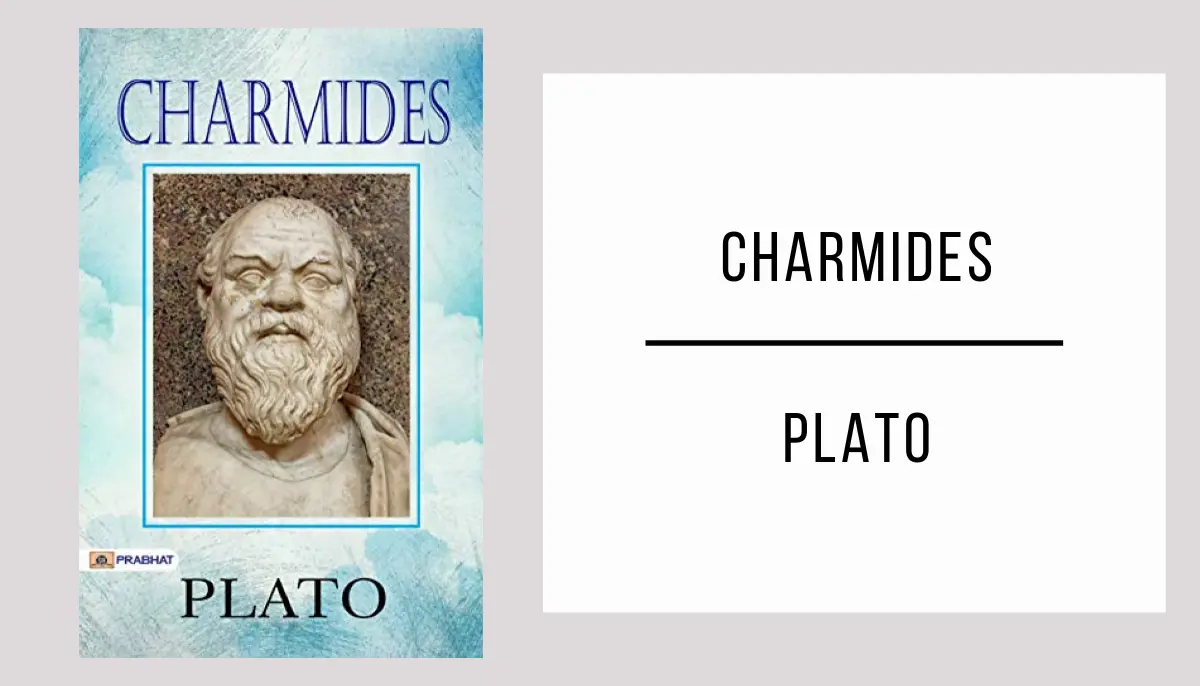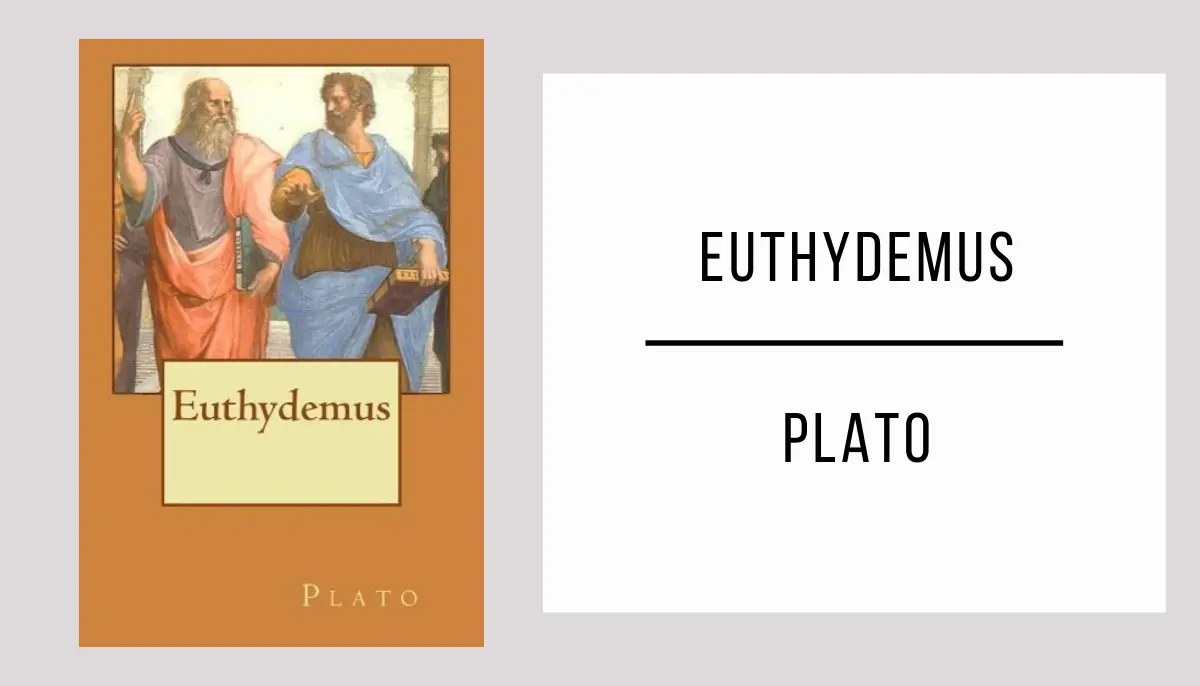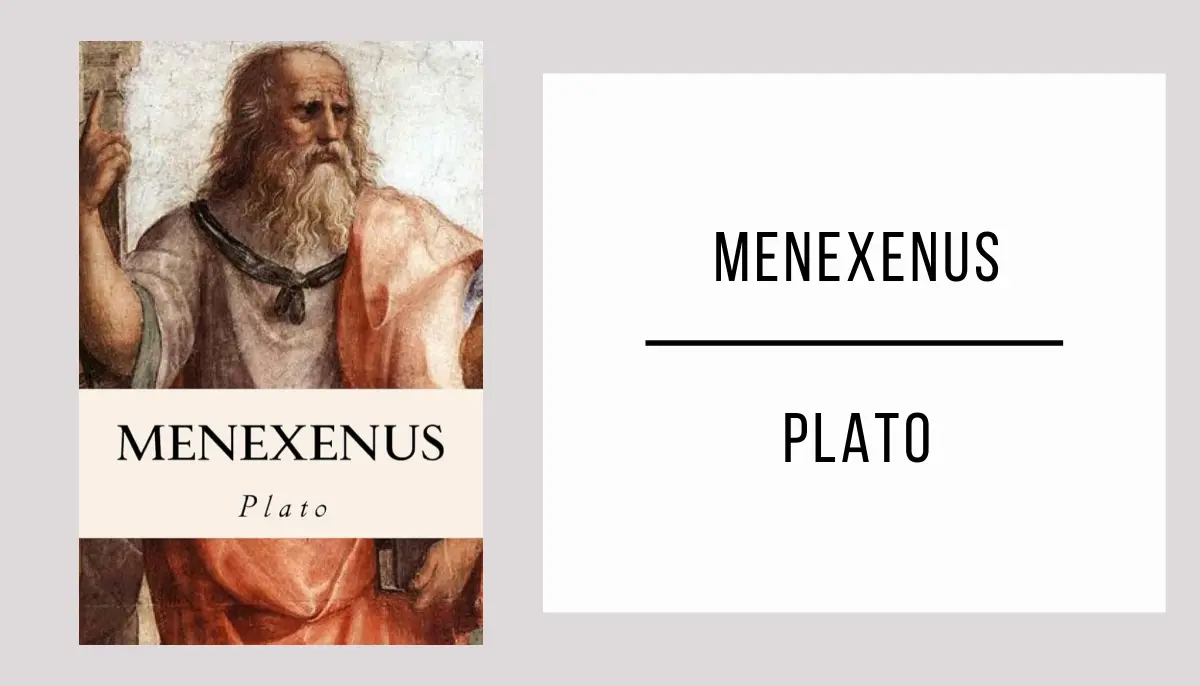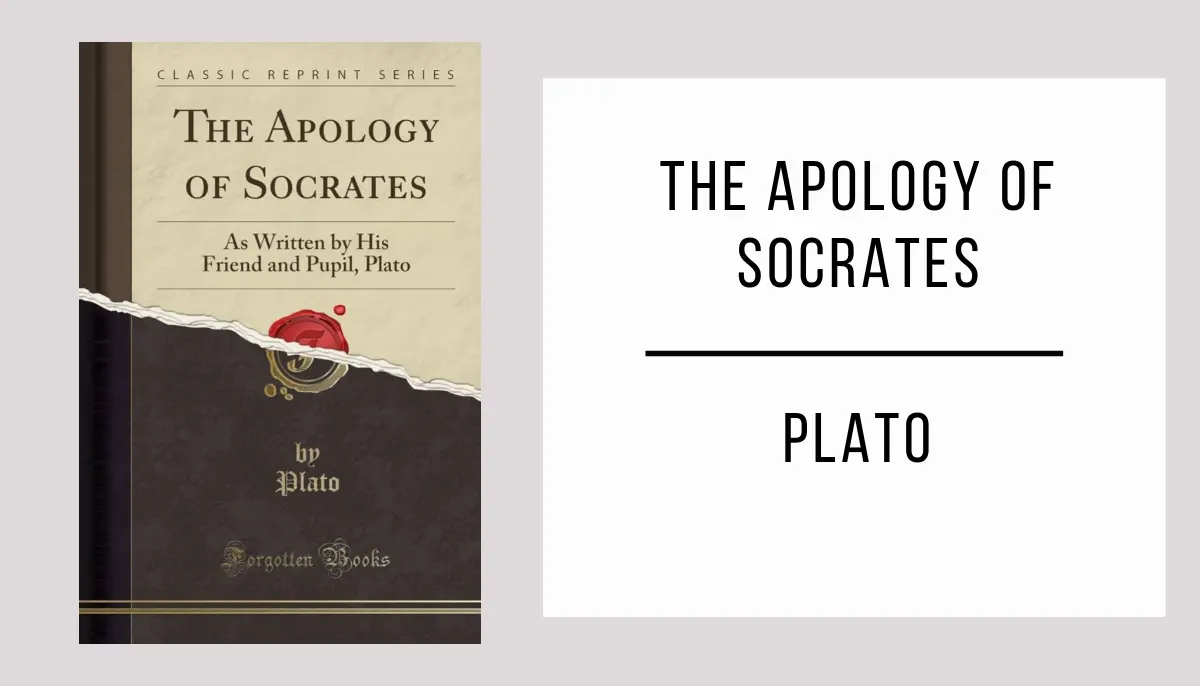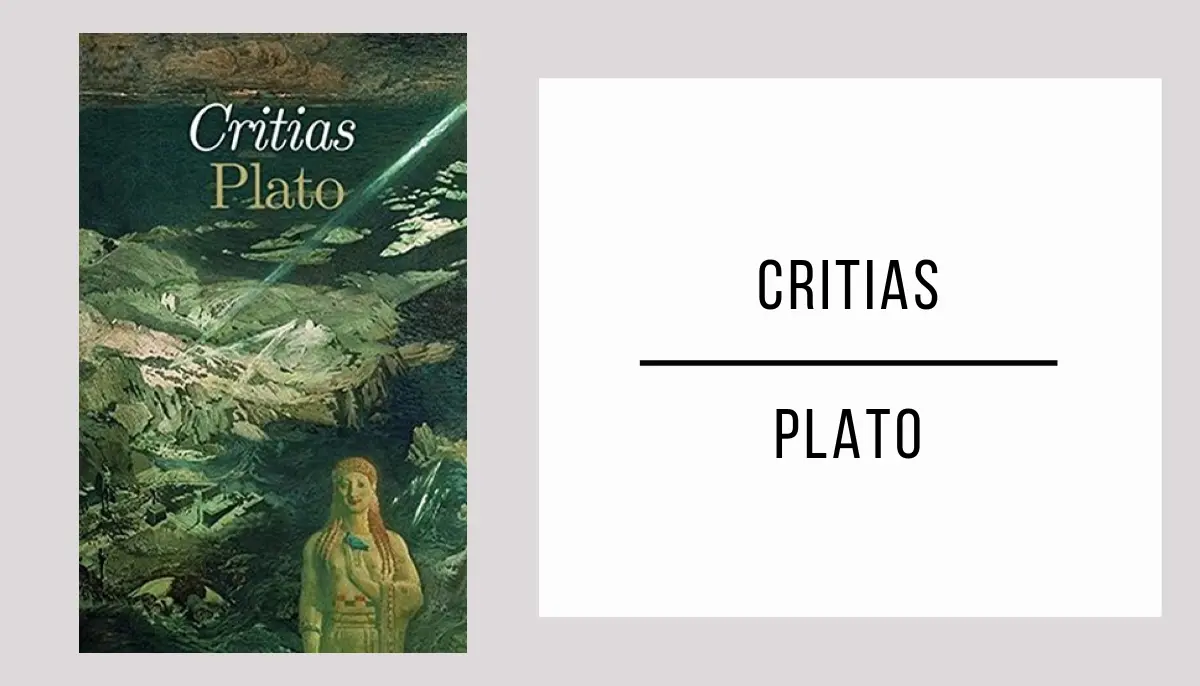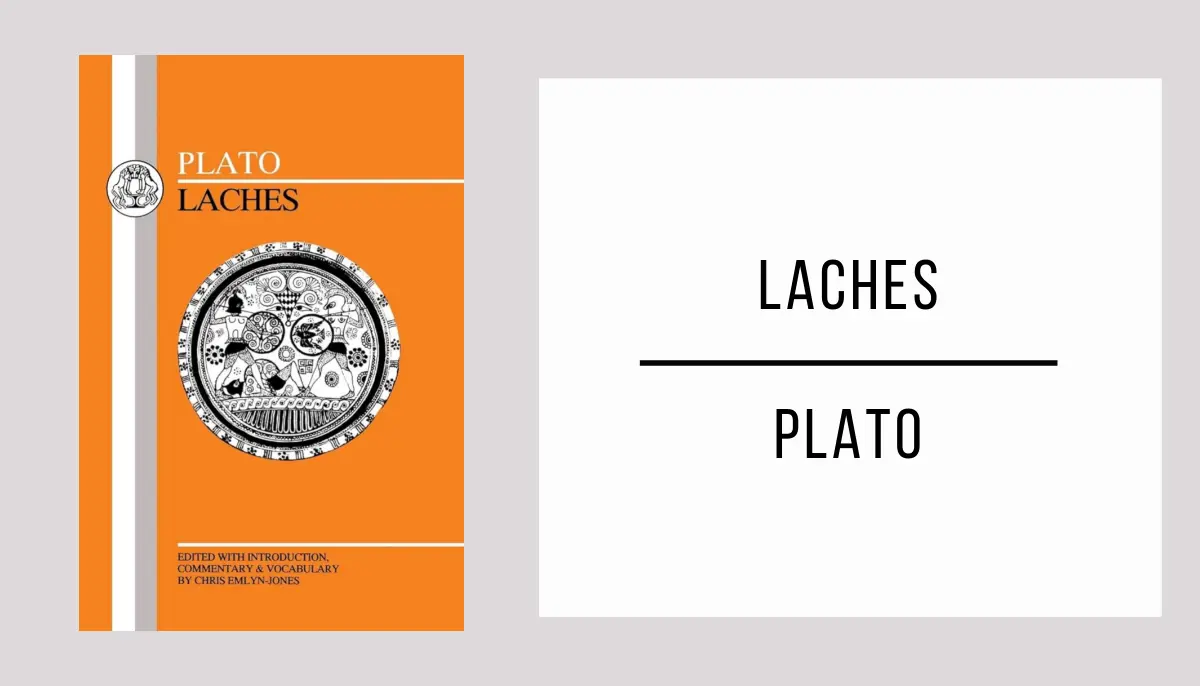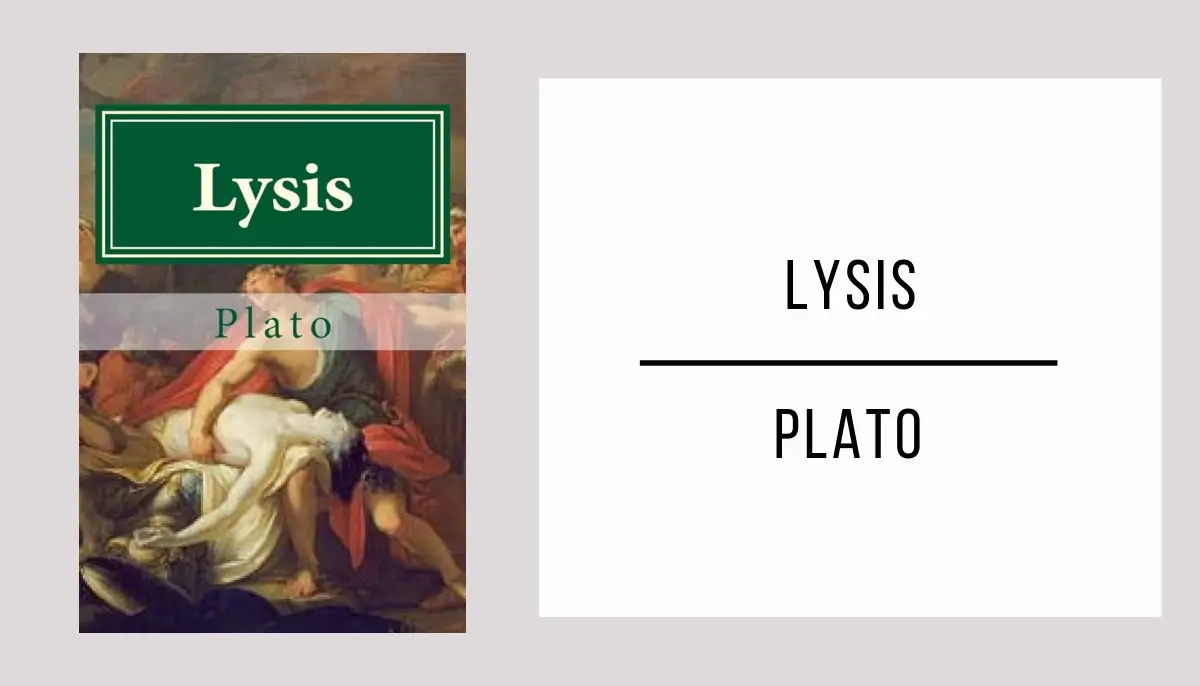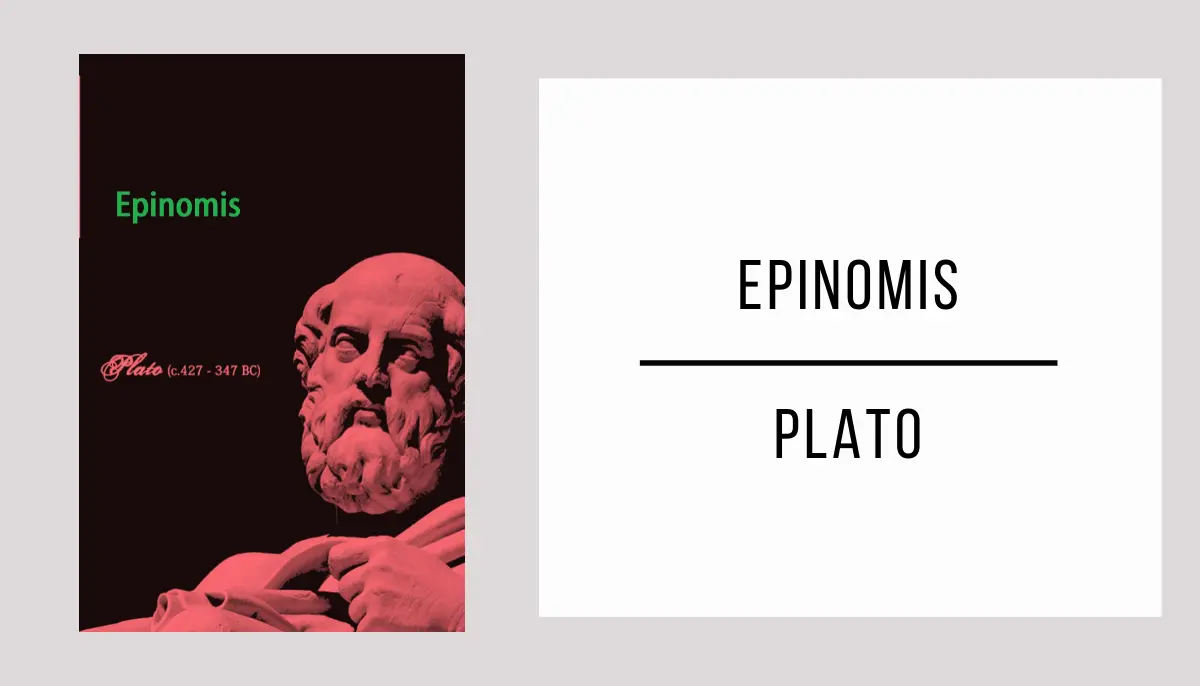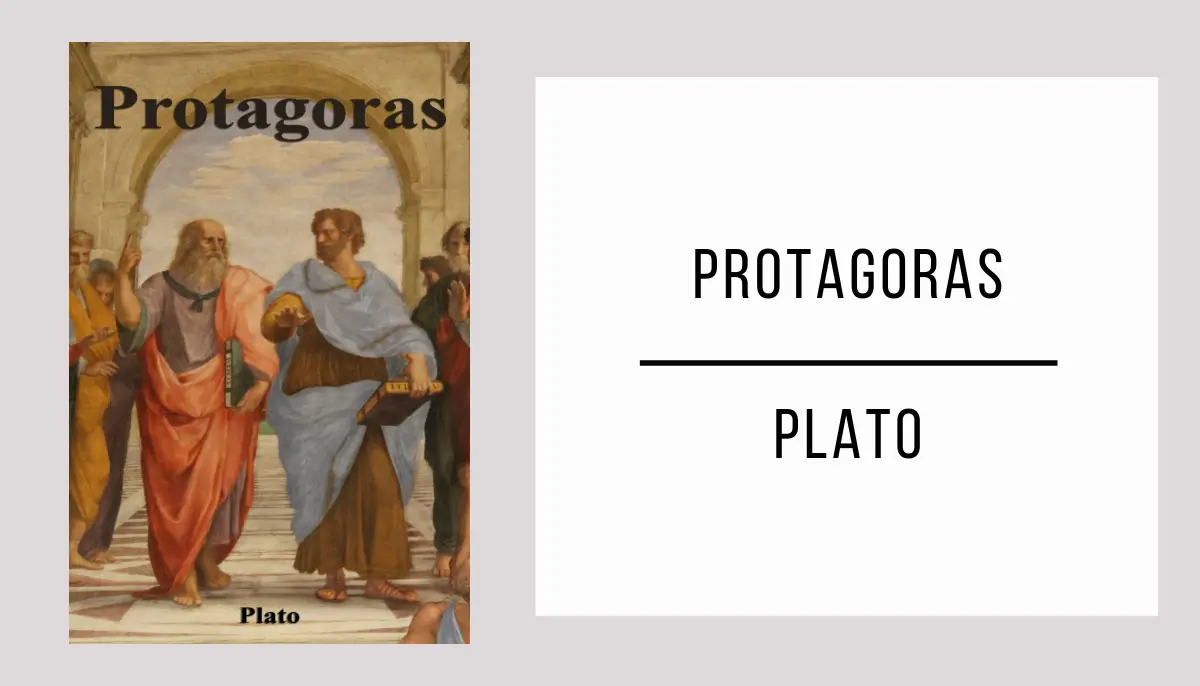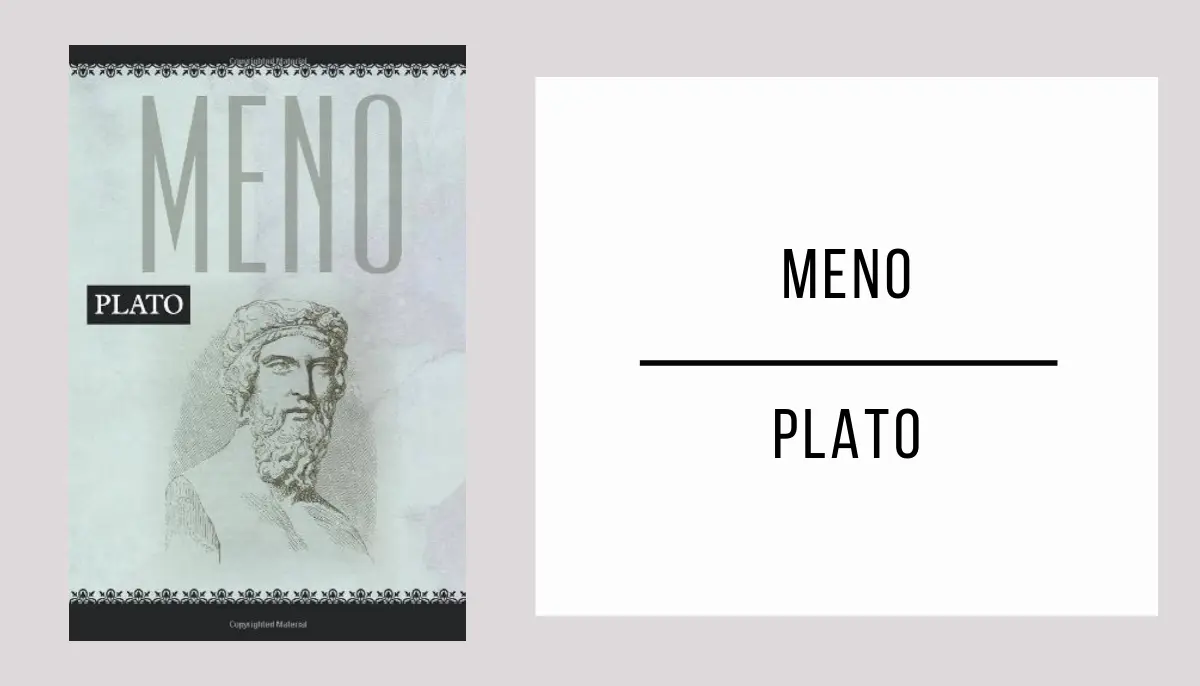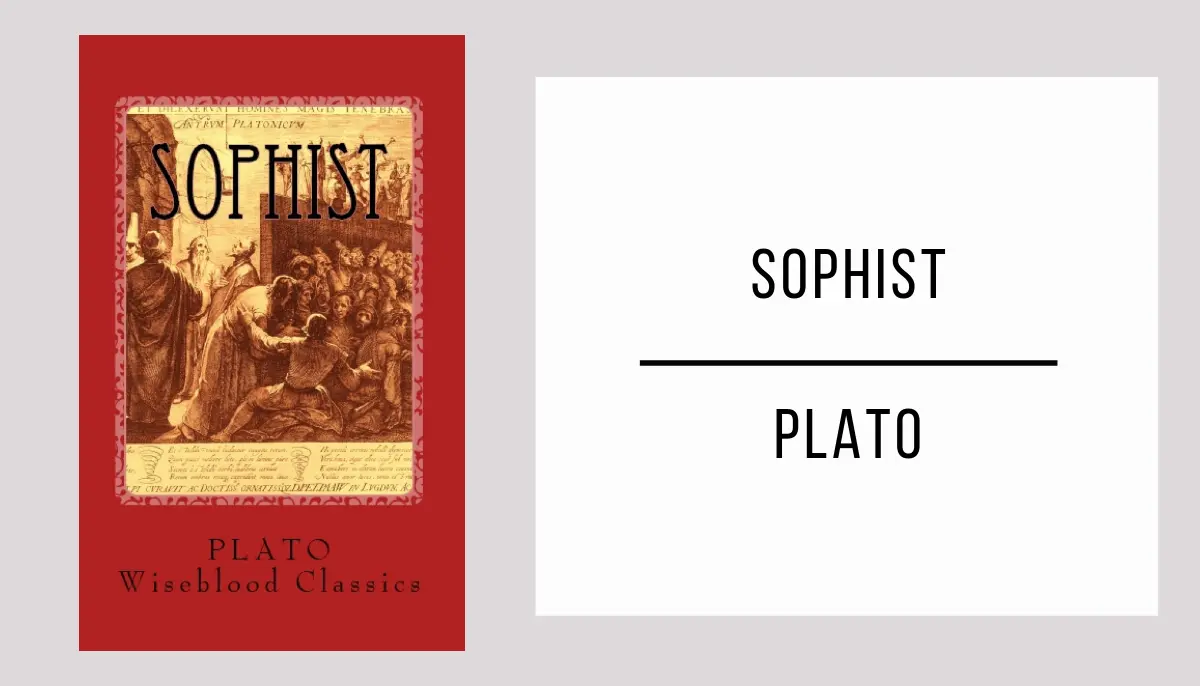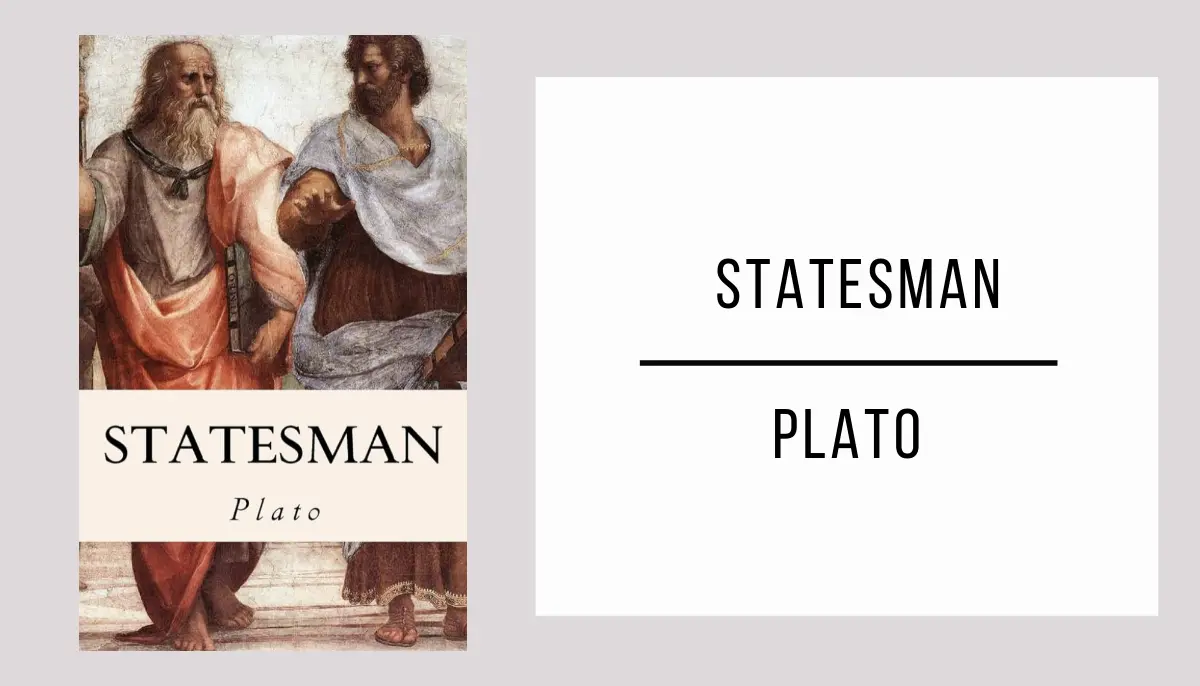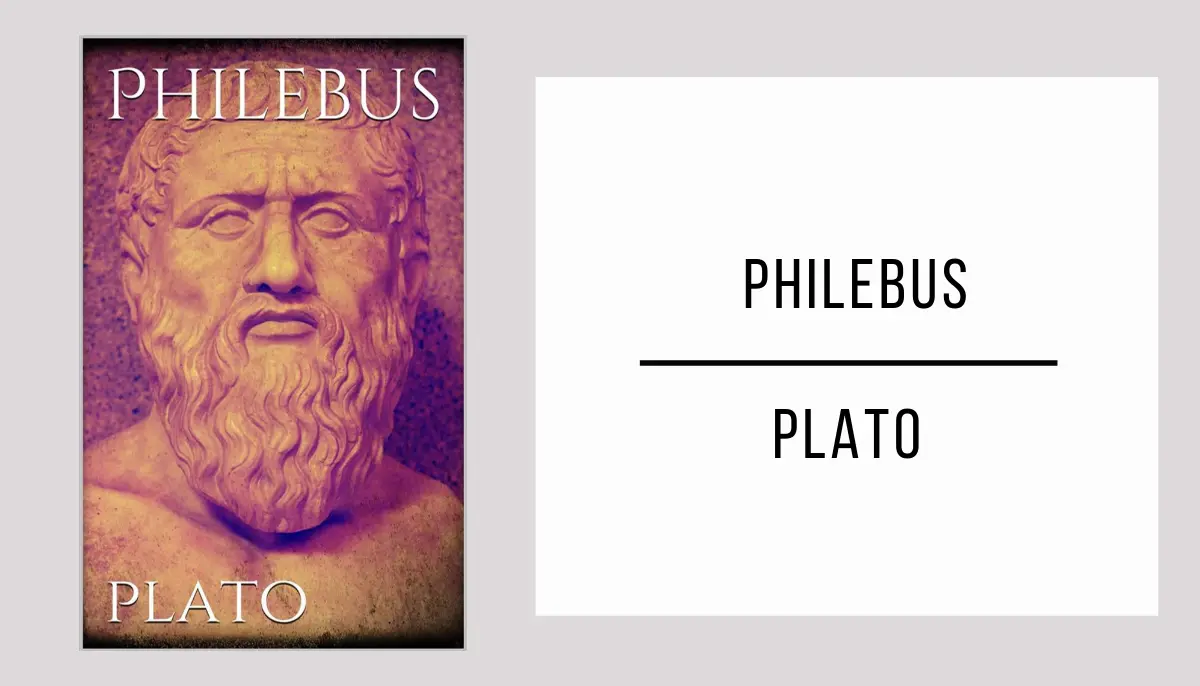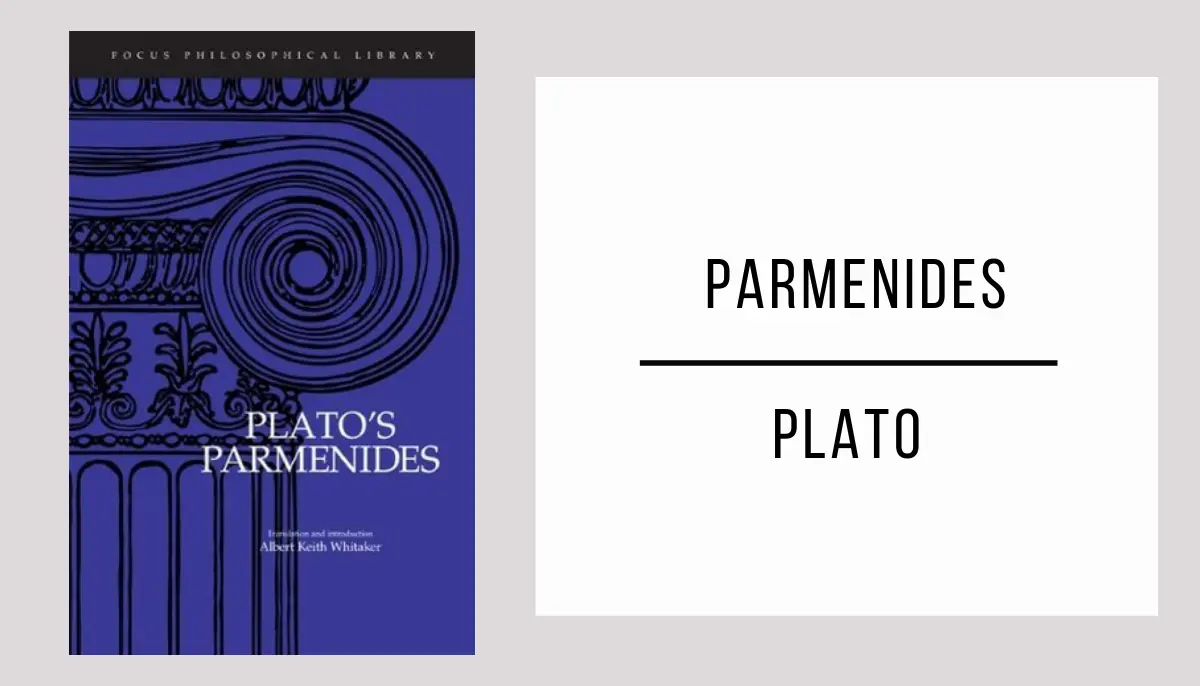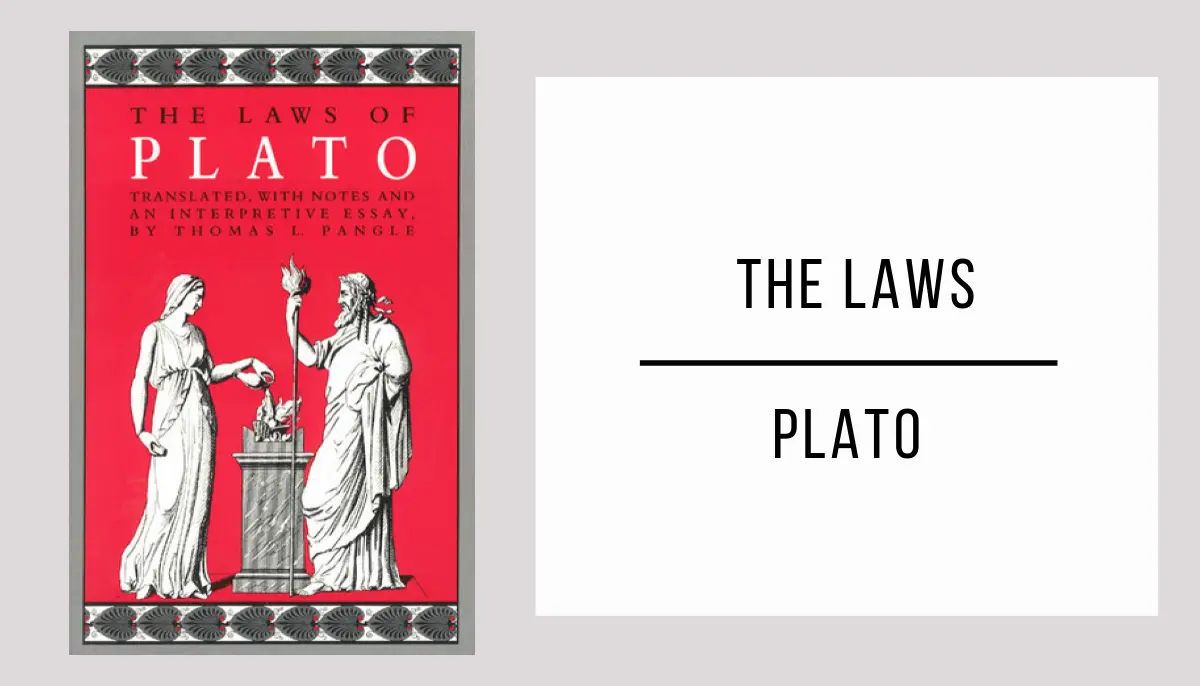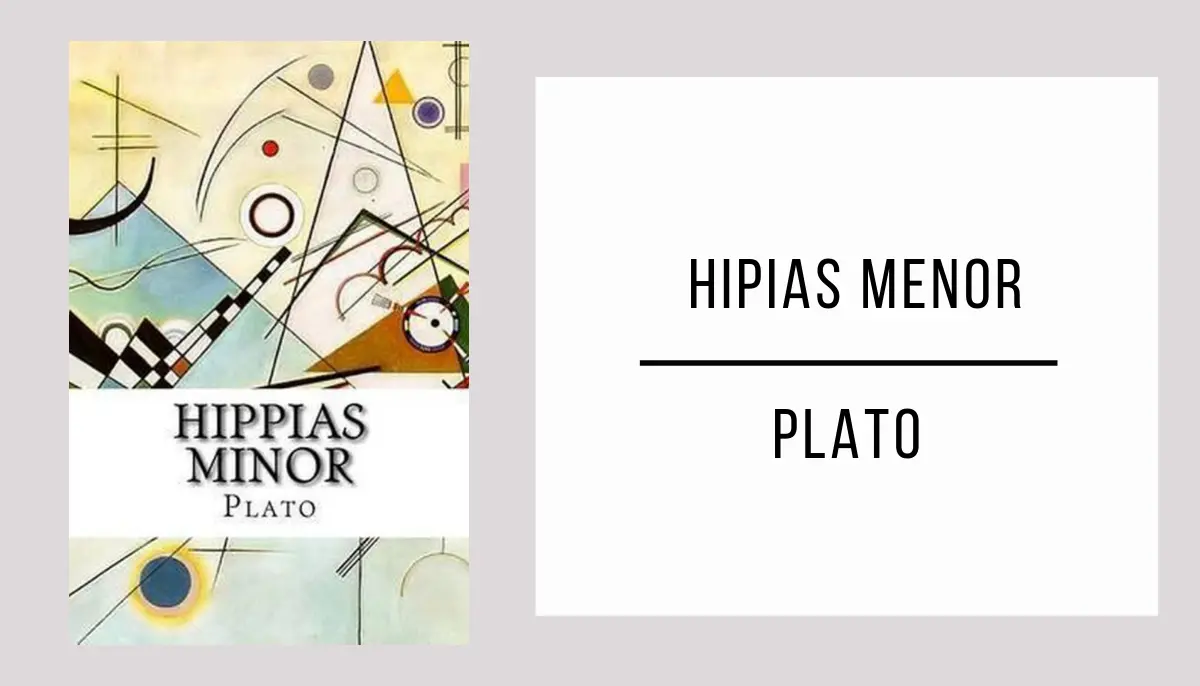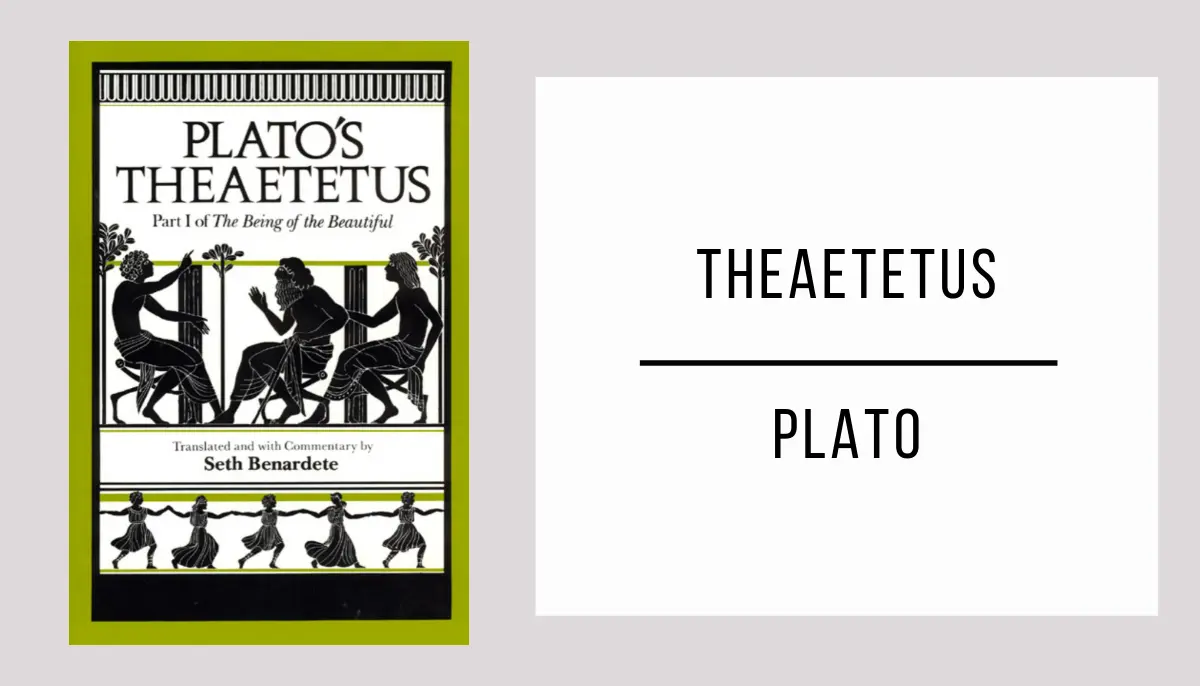“Phaedrus” by Plato is a masterpiece of classical literature. It is a profound dialogue that explores the complexities of love and rhetoric, leaving an indelible mark on philosophical thought.
Download and immerse yourself in the fascinating reading of “Phaedrus” in PDF format completely free. Discover the captivating dialogues between Socrates and Phaedrus, and delve into a world of wisdom and reflection.
Don’t miss the opportunity to read “Phaedrus” and experience an intellectual journey that will challenge your beliefs and inspire you to question the power of words.
Phaedrus in PDF format
*Wait a few seconds for the document to load, the time may vary depending on your internet connection. If you prefer, you can download the file by clicking on the link below.
Loading fileInformation Phaedrus
- Author: Plato.
- Publication Date: Approximately in the year 370 B.C.
- Main Characters:
- Socrates: Greek philosopher and protagonist of the dialogue.
- Phaedrus: Young aristocrat and friend of Socrates.
- Brief Summary: “Phaedrus” is a Platonic dialogue that addresses themes such as love, rhetoric, and communication. It begins with Lysias’ discourse on love, which Socrates challenges by arguing that love is divine and cannot be inherently bad. Socrates then discusses madness, dividing divine madness into various categories. The dialogue also explores rhetoric and its relationship with philosophy, making references to historical figures such as Pericles. The famous Allegory of the Winged Chariot is included, where Plato explains his vision of the human soul.
- Thematic Analysis: “Phaedrus” explores themes such as love, rhetoric, madness, writing, and the nature of the soul. It examines the relationship between love and philosophy, emphasizing the importance of universal knowledge. The dialogue also reflects on rhetoric as a tool of communication and the need to exercise it for natural purposes.
- Historical Context: “Phaedrus” was written by Plato, one of the most influential philosophers of ancient Greece. The dialogue belongs to the penultimate phase of Plato’s work and is chronologically situated after “The Republic.” Plato used dialogues as a form to present his philosophical ideas and explore various ethical and metaphysical topics. “Phaedrus” is among his most well-known works and is considered a classic in both philosophy and literature.


